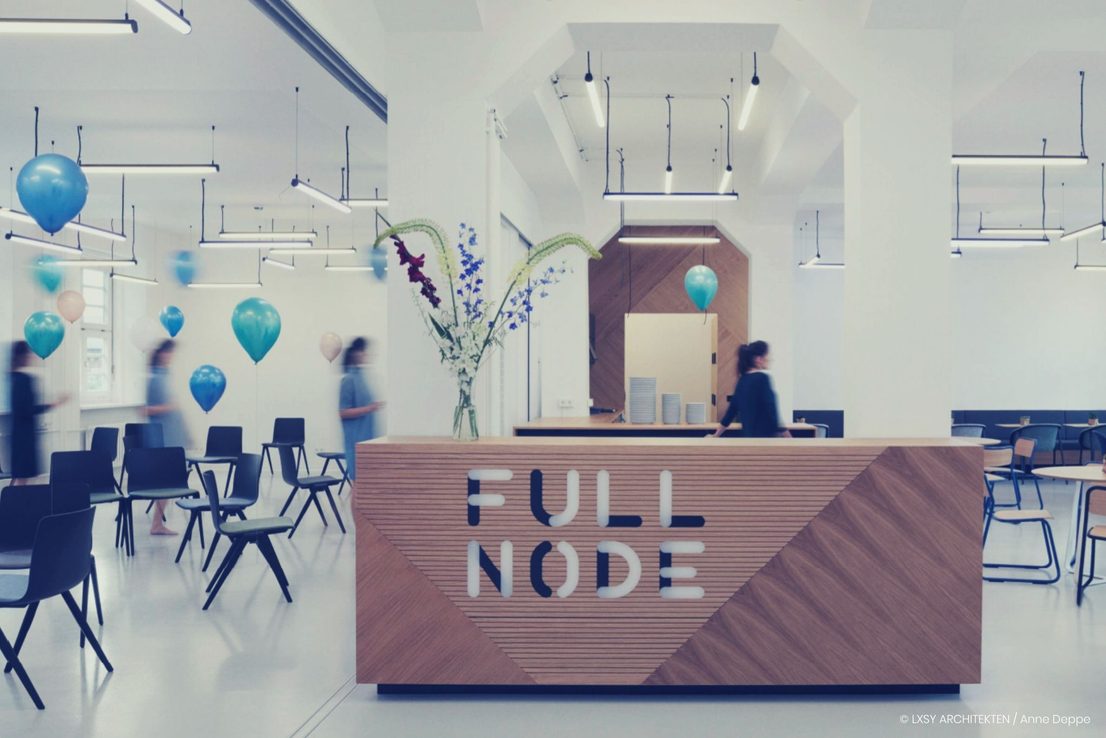Often cited as the technology that is kickstarting the “second era of the internet“, blockchain is already transforming the world of business and human affairs. Popularized as the technology behind BitCoin, blockchain is a decentralized database stored on different computers as identical copies. As no single user can tamper or change this information, blockchain is incorruptible, which is why many hail it as the revolution disrupting the world as we know it. From finance to construction, the ways blockchain can add value are limitless.
According to Don Tapscott, the author of the bestselling book Blockchain Revolution, it’s the biggest innovation in computer science.
“An immutable, unhackable distributed database of digital assets. This is a platform for truth and it’s a platform for trust. The implications are staggering,” Tapscott said in an interview with McKinsey. “I’ve never seen a technology that I thought had greater potential for humanity.”
Blockchain Startups Taking Over the World
As the world is embracing this revolution, even though the blockchain is still a new technology, the global market for it is growing at a staggering rate. Since 2013, over 3700 blockchain companies raised USD 23.7 billion in investment. However, as thousands of blockchain startups around the world are elbowing their ways into the technology scene, are traditional offices ready for this takeover?
“There’s a lot of excitement about blockchain startups,” said Friederike Ernst, Full Node co-founder and COO at Gnosis. “Blockchain is a high-growth sector, and all the startups have unique needs and challenges.”
Indeed, AngelList, a US-based platform for startups and angel investors, lists close to 5,000 blockchain startups, which have a valuation of approximately USD 5 million each on average.
Business can be volatile or cathartic at any startup. However, in a sector like blockchain, changes can be even quicker. So, the most important spatial needs of a blockchain startup are flexibility and while often overlooked, community.
Friederike Ernst, Full Node co-founder and COO at Gnosis
Hence, Ernst and her colleagues established Full Node, a Berlin-headquartered professional space for blockchain and web 3.0 initiatives to work and collaborate.
Full Node: A Center for Decentralizing

Currently home to over 20 companies, Full Node is the largest startup co-working space for web 3.0 technologies in Europe. While most traditional co-working spaces cater to individual freelancers, Full Node specializes in small blockchain companies that want to optimize their growth. The space features private offices, as well as fixed desks. The company is named after a wordplay that the industry insiders might recognize: In a blockchain, a “full node” is a program that validates transactions and blocks.
The ethos of the company aligns with this name, as Full Node aims to connect blockchain professionals and validate their ideas. Through meetups, workshops, and events, Full Node is a hub that facilitates networking and connection between the brightest blockchain minds of Europe.
As a decentralized technology, blockchain is already impacting the world, but it’s still a young branch of technology. So, blockchain professionals are often still a highly specialized force in the tech world, and cultivating spaces for collaboration is key to their success.
Friederike Ernst, Full Node co-founder and COO at Gnosis
“This makes it more difficult for blockchain startups or professionals to meet each other, exchange ideas, and improve their products, which makes a co-working space for startups dedicated to their industries very valuable,” she added.
Remaining loyal to the root principles of blockchain, Full Node boasts a space that promotes openness, transparency, and interaction.
The co-working space, which is located inside the historical post office building offers a varied structure of closed office and open co-working areas. The transparent glass walls facilitate focused working, and at the same time enable open communication.
Co-Working for Small Companies for Synergy
Co-working is the new norm for millions of white-collar professionals around the world — and it’s even more prominent within the sphere of tech. As of 2019, there were around 35,000 flexible working spaces in the world. As many companies are opening themselves up to incorporate remote work, the demand for co-working spaces is soaring.
While freelancers are still the largest demographic cohort among co-workers, smaller companies and startups increasingly favor co-working spaces too, thanks to the flexibility and practicality. According to Mike Schmutzler, Product Manager Interior Glass Systems at dormakaba, co-working spaces are far more than just offices for startups and small companies.
“Especially with the right architectural elements in place, co-working spaces quickly can turn into hubs for entrepreneurial success,” Mike Schmutzler said. He believes that specialized co-working spaces, particularly for startups and smaller companies, are the future of work and office life.
New ways of working are based on exchange and cooperation. The impact of chance also has a role to play in creating innovative ideas. It is about creating possibilities in the productive space between informal communication and concentrated work.
Creativity and communication don’t just happen. Our task is to offer options for diverse ways of working. These span open areas for teamwork, cosy places for reflection and even retreat zones for concentrated work.
Margit Sichrovsky, partner at LXSY ARCHITEKTEN, who designed the Full Node co-working space







